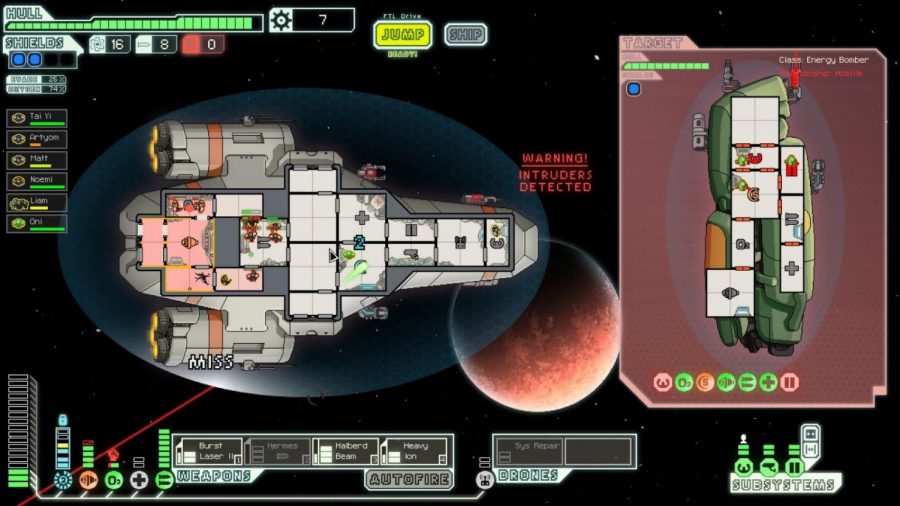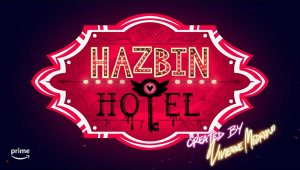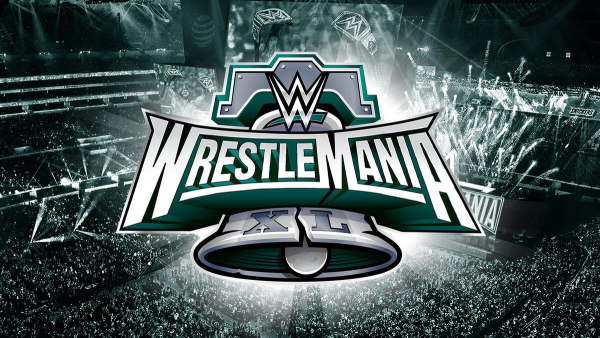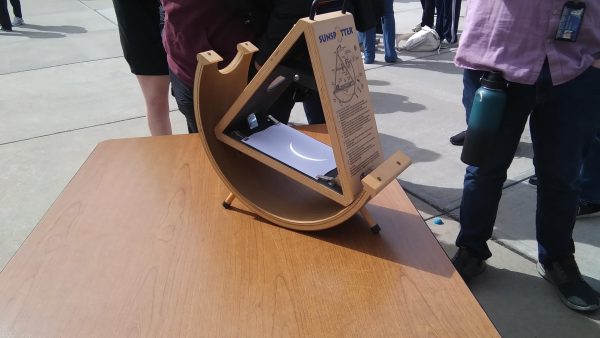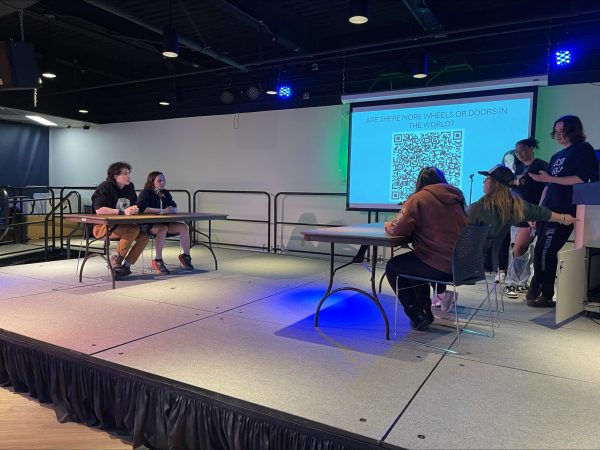“Faster Than Light”: Stargazing and Strategizing
This might be a lot to look at but believe me when I tell you things are not going great for this guy.
May 3, 2021
Procedurally generated exploration games are dime-a-dozen these days, but in 2012, Subset Games released what I consider to be the pinnacle of roguelike permadeath games: FTL: Faster Than Light.
In FTL, you command an intergalactic federation ship in the far reaches of space. Your mission is to cross the galaxy and return to the Federation Base before the enemy Rebel fleet catches up to you. Your ship starts off weak, but as you explore, battle enemies and make tough decisions, you can upgrade your capabilities to give the Federation a fighting chance in the final battle.
FTL is a brutally hard game. I’ve played about 20 hours over the last few months and still have yet to beat the game on even the easiest difficulty. The journey itself has been very absorbing and fun however, even if all of my attempts end in a fiery explosion.
FTL is played with a top-down perspective. Your spaceship consists of several rooms that all serve different functions and a menu at the bottom of the screen that lets you divert power to different systems. The meat and potatoes of FTL is spaceship combat.
Combat is a careful and intense game of management. Firing upon an enemy ship is as simple as clicking the room you want to damage and waiting for your weapons to charge, but complexity quickly grows until every encounter is a struggle for survival.
On one occasion, my ship was nearly destroyed and all of my crew were killed, save for a single person. In a desperate attempt to save my run, I opened all doors of my ship and put the last of my power into maintaining weapons and shields while disabling the oxygen systems. The enemies who boarded my ship suffocated, and the fires were extinguished. My last crewmate frantically charged the weapons at the last possible moment, and I unleashed my entire arsenal, allowing my sole survivor to continue the mission.
The enemy ship, seeing it had no way of repairing the damage, surrendered and offered me the last of its supplies, which allowed me to survive into the next sector.
Outside of combat, managing and upgrading your ship, as well as responding to different random events, makes up the core of FTL’s experience.
Information is conveyed to the player by the use of text screens that explain the situation. While not as glamorous as cutscenes or voiced dialog, it still does wonders for fleshing out the world and characters who inhabit it. On your journey to the Federation Base, you’ll encounter all kinds of bizarre, threatening, and comical places and characters, all of which enrich the experience and endear you to the struggles of your crew.
The rush of outsmarting your opponents and overcoming the odds is what keeps me coming back to FTL. The difficulty may be off putting to some, but for players looking for a smoother experience, you can consult the FTL wiki, and check out the subreddit for advice and tips from the community. FTL is a game that benefits from shared knowledge and experience.
While the core of FTL’s experience is wonderful fun, the biggest downside is the nature of rogue-like games means that not every playthrough will be consistently challenging or enjoyable. Some bad luck in the early game can leave your ship incapable of defeating opponents in the more difficult sectors, but for every failure, you gain knowledge and further your understanding of the mechanics. I recommend playing on the Easy difficulty, as that will allow you to see more of FTL’s content before you’re up for a greater challenge.
FTL: Faster Than Light is available for $10 on steam and iPad. If you enjoy strategy games with mountains of content to keep you coming back, then I can’t recommend a better experience.
